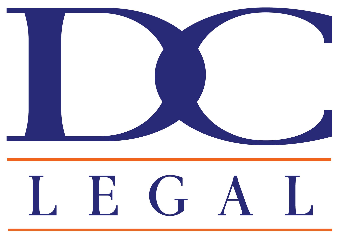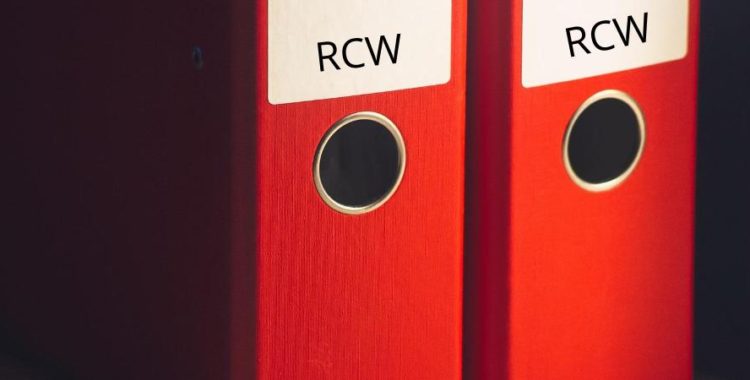Part III: Tips for Licensed Professionals Operating Business Entities
In part three of our four-part blog series, we discuss the special rules applicable to licensed professionals operating as a business. In case you missed Part II on the various business entities available to use by licensed professionals, you can access it here.
The Special Rules that Apply to Learned Professionals Operating a Business Entity
To understand the various rules that govern licensed professionals operating a business, it is necessary to understand the Washington Professional Service Corporations Act (the “PSCA”). In 1969, in response to the general prohibition against the corporate practice of the learned professions, the Washington legislature enacted the PSCA, which allowed licensed professionals to practice their professions in the business entity known as a ‘professional service corporation.’ While similar in many ways to a traditional corporation, the professional service corporation was subject to a variety of special rules relating to licensed professionals.
Below is a non-exhaustive summary of the special restrictions levied by the PSCA.
| Rule | RCW |
| All shareholders and officers, except the secretary and treasurer, are required to be licensed professionals. | RCW 18.100.065 |
| Entity prohibited from issuing its capital stock except to an individual eligible to be a shareholder or to the trustee of a qualified trust (voting trust or charitable remainder trust). | RCW 18.100.090 |
| The entity form does not limit the underlying professional relationship, professional liabilities or standards of professional conduct. | RCW 18.100.070 |
| The entity name must reflect its professional service status. | RCW 18.100.120. |
Because the PSCA provided a comprehensive set of rules governing licensed professionals operating as a corporate business entity, future statutes would borrow heavily from its provisions. All of the current Washington statutes that govern the rendering of professional services as a business entity reference, in some way, the PSCA. Perhaps simply to confuse the individual trying to understand the relevant law, some later statutes governing licensed professionals adopted the PSCA in its entirety. Others adopted only specific PSCA provisions, and still others adopted none of the PSCA provisions.
For example, in the case of a PLLC, the legislature makes clear that “all the provisions” of the PSCA apply to PLLCs. In the case of LLPS, however, the legislature only references the definition section of the PSCA, without incorporating any of its provisions. Understanding what specific rules govern a licensed professional business entity, therefore, requires special attention to the relevant RCW references and cross-references to the PSCA.
Below is a summary of the degree to which different statutes have adopted the PSCA.
| Type of Entity | RCW | PSCA Provisions Incorporated by Reference |
| Professional Service Corporation (PS) | Ch. 18.100 | All the provisions |
| Professional Limited Liability Company (PLLC) | 25.15.046(2) | All the provisions |
| Limited Liability Partnership (LLP) | 25.05.510(1); 25.05.125 | No provisions incorporated; special rules apply to professionals operating an LLP |
| Not for profit organization | 18.100.050(4) | All the provisions incorporated except those relating to stock and those relating to Title 23B RCW |
In our next blog, we’ll explore the legal consequences of operating as an incorrect business entity.
Have questions regarding entity formation? Contact one of our Kirkland business law attorneys.







